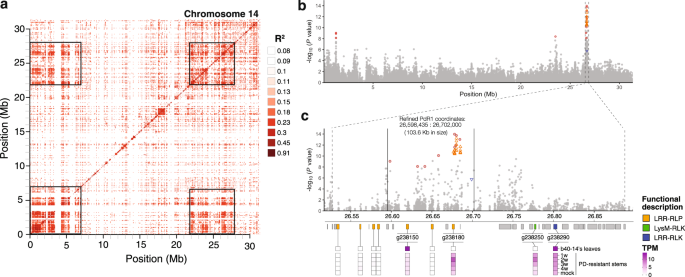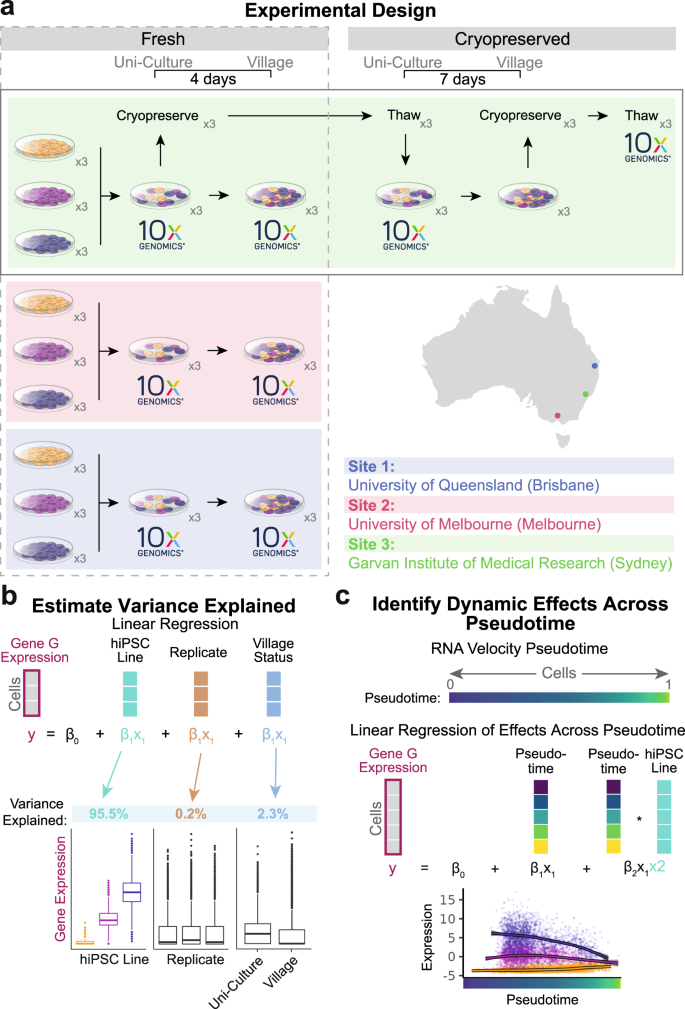2023-06-15 カリフォルニア大学校アーバイン校(UCI)
◆この研究は、植物病気に対する遺伝的メカニズムの理解と気候変動への対策の開発に重要な貢献をしています。これにより、作物の持続可能性と食料安全保障が向上することが期待されます。
<関連情報>
- https://news.uci.edu/2023/06/15/study-reveals-potential-breakthrough-in-grapevine-disease-resistance/
- https://www.nature.com/articles/s42003-023-04938-4
野生のブドウ(Vitis sps.)におけるXylella fastidiosaに対する多遺伝子性抵抗性と、気候変動下におけるその意味合い Multigenic resistance to Xylella fastidiosa in wild grapes (Vitis sps.) and its implications within a changing climate
Abraham Morales-Cruz,Jonas Aguirre-Liguori,Mélanie Massonnet,Andrea Minio,Mirella Zaccheo,Noe Cochetel,Andrew Walker,Summaira Riaz,Yongfeng Zhou,Dario Cantu & Brandon S. Gaut
Communications Biology Published:30 May 2023
DOI:https://doi.org/10.1038/s42003-023-04938-4

Abstract
Xylella fastidiosa is a bacterium that infects crops like grapevines, coffee, almonds, citrus and olives. There is little understanding of the genes that contribute to plant resistance, the genomic architecture of resistance, and the potential role of climate in shaping resistance, in part because major crops like grapevines (Vitis vinifera) are not resistant to the bacterium. Here we study a wild grapevine species, V. arizonica, that segregates for resistance. Using genome-wide association, we identify candidate resistance genes. Resistance-associated kmers are shared with a sister species of V. arizonica but not with more distant species, suggesting that resistance evolved more than once. Finally, resistance is climate dependent, because individuals from low ( < 10 °C) temperature locations in the wettest quarter were typically susceptible to infection, likely reflecting a lack of pathogen pressure in colder climates. In fact, climate is as effective a predictor of resistance phenotypes as some genetic markers. We extend our climate observations to additional crops, predicting that increased pathogen pressure is more likely for grapevines and almonds than some other susceptible crops.


